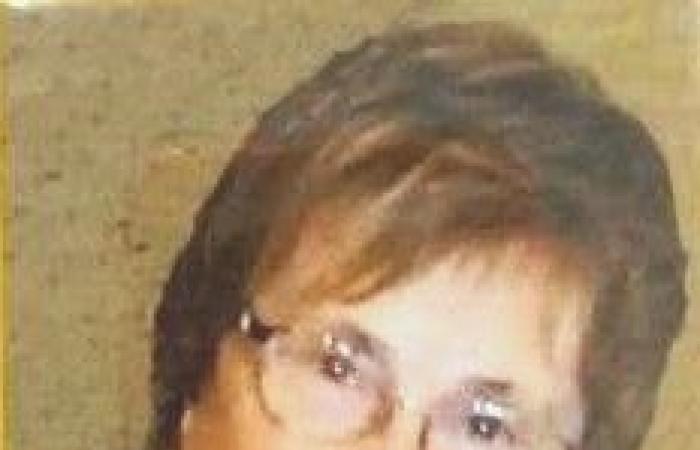It is not the first time that the “Parini” hosts the prof. Paolo Vinella, former teacher of Literature, volunteer at “Sprar – La Nuova Dimora” and currently at the Multipurpose Social Center for the Elderly in Putignano, where he continues to teach; lover of history but also of botany. The editorial staff of our “Giornalino” wanted to meet him to collect his testimony.
- I attended “Parini” in 1949. We kids planted the pine trees that shade it today. That year, in middle school, there were only three first classes: two all boys and one all girls.
In first grade, six years earlier, there were only fifty children, all boys, and only two or three of them knew the sea. It was quite rare, then, for girls to continue their studies. In Putignano there were only two cars: one belonged to Prince Romanazzi – Carducci, the other belonged to the Angelini – De Miccolis family. Many owned a carriage or even two, because the families were large. We went to the seaside by bicycle or by horse-drawn carriage. Elementary school was also attended in the countryside, in rooms used as rural schools: there was only one classroom in which a teacher taught children of all ages at the same time, from first to fifth grade.
Palmina (Romanazzi, who many years later would become my wife) was a year older than me and lived in the countryside. She wanted to continue studying but after sixth grade she had to stop. It was impossible for her parents, every day, to take her to town and come back to pick her up in a carriage: their work didn’t allow it. Those who lived in the countryside often lived isolated, her parents had not gone to school and everyone always spoke the dialect. Many stopped at first grade, after having learned to read, write and do arithmetic. To go from elementary school to middle school you had to take an exam: there was an Italian test, a math test, and there were history and geography questions. Not everyone passed, especially if they couldn’t afford to pay some teacher to prepare them. However, the exam could be repeated in September: I myself passed it after the summer. Then I attended classical high school, in this school. There was already a friendship between my family and Palmina’s. She wanted to become a nurse, but she would need a high school diploma. I was the one who advised her to take the private exam and helped her prepare. She was promoted. She would have liked to attend the nursing course in Bari, but this meant having to reach the station every day with a carriage, and traveling alone by train. It wasn’t easy and her parents weren’t at peace. However, she didn’t want to give up. She wanted to leave the countryside, she wanted to study so she could take care of people. The war had recently ended; in the countryside the doctors did not arrive immediately. Ever since she was little, she wanted to be able to provide first aid if necessary. She found the solution: some of her relatives lived in Parma, where there was a famous nursing school, the most important in Italy. Palmina, although her parents didn’t want to, fearing to disturb her, wrote a letter to her cousin: her family welcomed her with open arms. Her tenacity was rewarded, because she passed all the required exams quickly and well, so much so that she obtained a scholarship and accommodation in the school’s student residence. Having returned from Parma, she Palmina worked at the Inam (National Institute for Disease Insurance) in Bari. In the 1960s the nurses at Putignano Hospital did not yet have the specific title. As soon as a competition was announced in the early 1970s, Palmina took part and won. She was the first qualified nurse of our hospital. – We report the reflections of two 1st grade students, shared by the entire editorial staff of the newspaper.
- I think this is a story of tenacity, of a desire that was certainly difficult to make come true. Maybe I wouldn’t have been able to leave the countryside, go and live in the city and also become a nurse. Many years ago – as Professor Vinella told us – most women were always at home cleaning, cooking, sewing… But it shouldn’t be like this, because any woman has the right to study and work, like Palmina Romanazzi , who despite living in difficult times, asserted herself and became the first qualified nurse at the hospital. Her example teaches us that every woman can work and have the same rights as a man. I am happy that Professor Paolo Vinella came to school, because he told us a very interesting story, which made us understand how people lived many years ago.- (Gaia)
- I think that Mrs. Palmina Romanazzi’s life was full of determination to find a job that satisfied her, despite the difficulties.
Personally I believe that she was also very lucky in finding a person who loved her so much and helped her realize her dream. I see myself in her, because I am very stubborn and I believe in what I do.- (Alice)
The editorial team
Total Visits:
19





